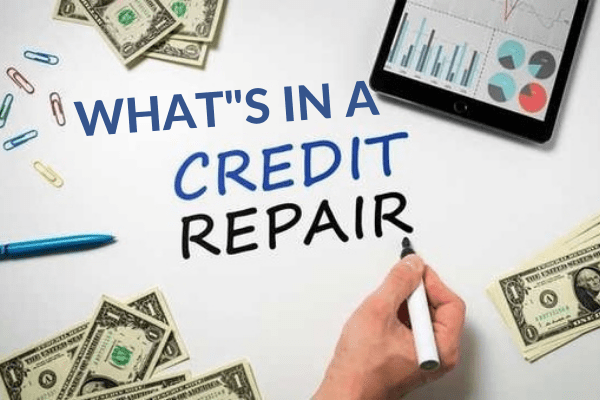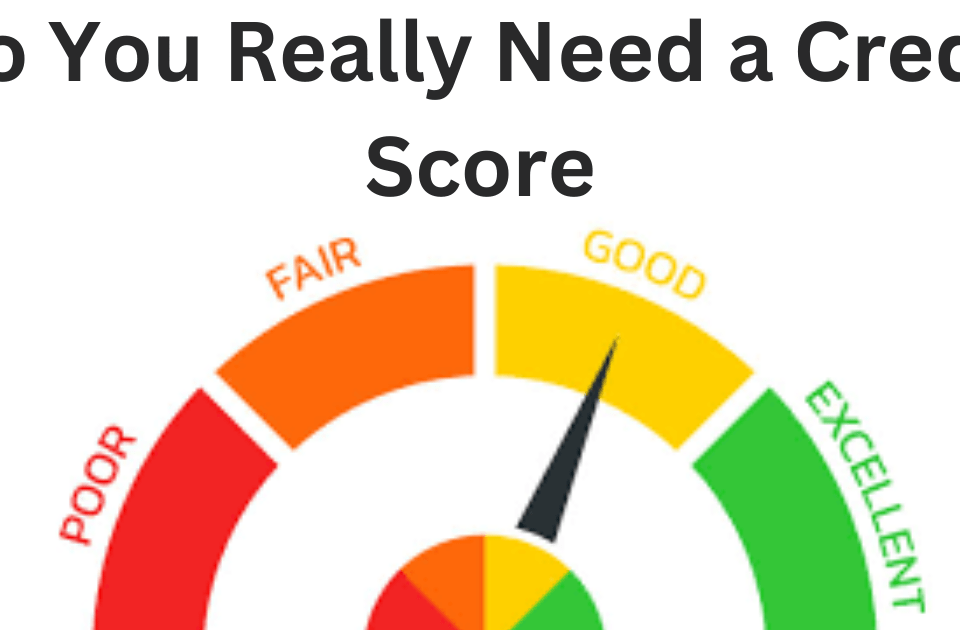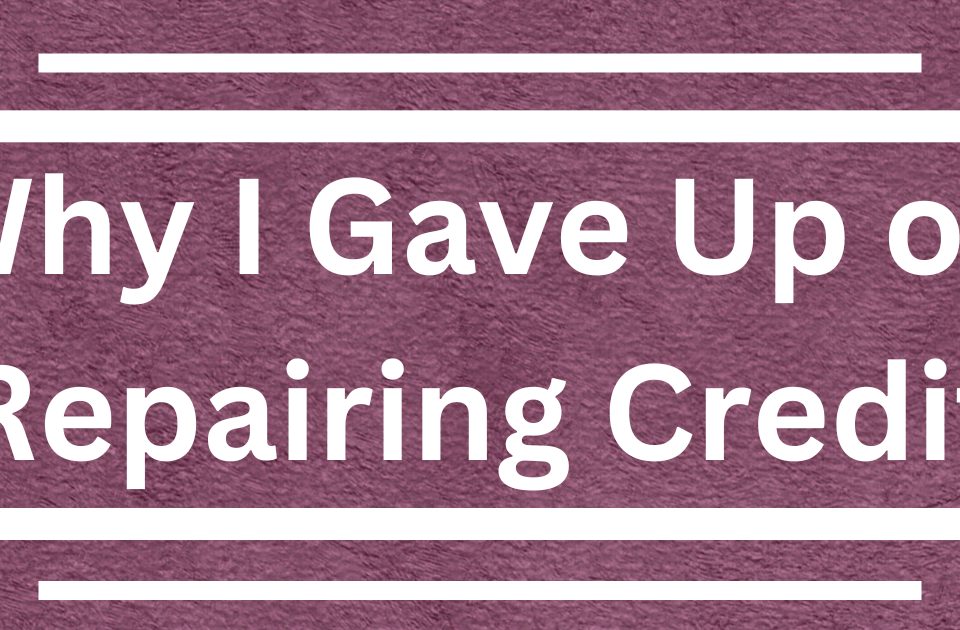If you are having trouble paying your bills, you should first attempt to work out a budget that details your income and expenses. After you have identified where your money is going, identify your spending priorities. Your public library has information on how to draw up a sound budget. Many local community organizations sponsor counseling programs as well.
You should immediately contact creditors if you are having trouble making payments. Many creditors will try to work out a more suitable payment schedule if they believe you are acting in good faith.
If you are still having serious problems after attempting these steps, another option is to contact a credit counseling services to create a debt repayment plan. In these plans, you work out a payment agreement with a counselor, and the service distributes your payments to the creditors.
Other methods of dealing with debt include consolidating debt through loans and bankruptcy. These are steps with serious consequences, and should be taken only after consultation with an attorney.
If you are unable to obtain credit on your own, you can try to obtain a credit card or consolidated loan with a low credit limit from a local bank.
If you pay promptly and that creditor reports this to a credit reporting agency, this information could improve your credit record. Another option is to obtain a secured credit card. With this type of card, you place a certain amount of money in a bank to guarantee your credit, and the credit grantor gives you a small credit line.
There is no quick solution to rebuilding or repairing your credit. You just have to work out a solution that fits your current situation. Regardless of the solution, it will take time to get back on your feet and establish good credit again.
It can be done with perseverance and persistence. Hang in there, stick to a budget, and pay off those bills. Soon you will be back to normal and able to lead a life where creditors don’t hound you day and night.






